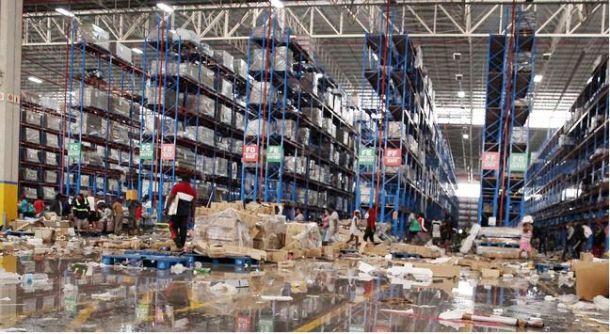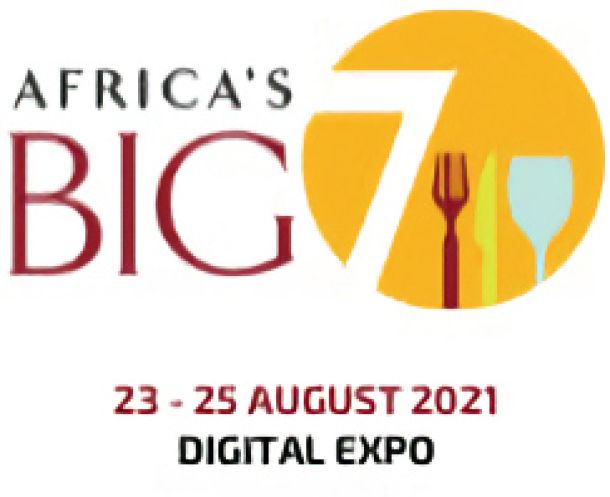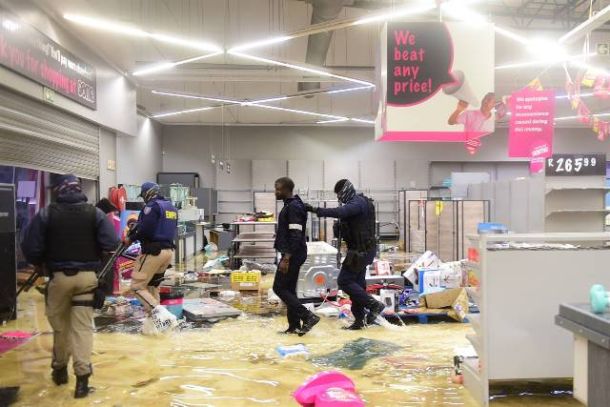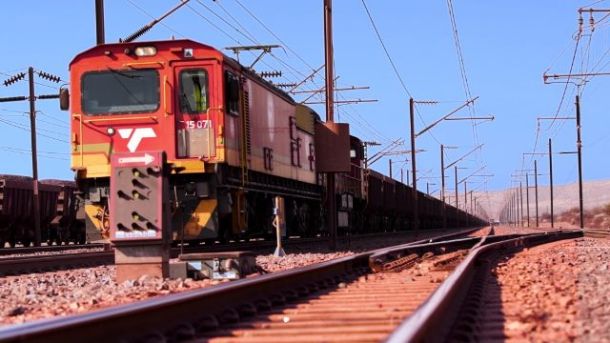Innovation needed in the counterfeiting war
When it comes to fraud, the impact of the production and sale of counterfeit goods is just as detrimental to the economy as cybercrime and identity theft.
This issue came under the spotlight in 2019 when there was an outright war that was waged by the South African Police Services on the distributers of counterfeit goods in the Johannesburg CBD. This was raised at the recently held Pharmaceutical Crime Task Forum Workshop.
“There needs to be stronger collaboration from all sides when addressing this issue. We need to stand firm in the fight against counterfeiting,” said Robin Bhagwandass, Chairman of the Pharmaceutical Crime Task Group.
The art of war
The fight against counterfeit goods is not a new one, particularly in South Africa which is traditionally a consumer driven economy.
In the past, the technology to manufacture counterfeit goods to be at the same standard as their original counterpart was expensive and hard to come by. With the invention of 3D printing and the design capabilities that are available on the internet, this has become a lot easier.
“Criminals are also well versed in modern law enforcement tactics and are aware of ways around this. Gone are the days of huge manufacturing facilities where counterfeit goods were produced. These facilities are now found in homes and in secure complexes, which makes surveillance by the police very difficult,” said Amanda Lotheringen Senior Manager: IP Enforcement at the Companies and Intellectual Properties Commission.
There are also other tactics which are becoming common place. There is a move away from the bulk importation of consignments of counterfeit goods towards smaller consignments. With frequent flyer miles available through airlines, it's not difficult for a passenger to move from a regular passenger to a passenger that can carry 50 kilograms of luggage at a time. If a flight to a destination where the counterfeit goods are produced is filled with 20 passengers who are flying to that destination with the intent of bringing back these goods, shops that stock counterfeit items can be filled up very quickly.
Little protection
Law enforcement officials are at great pains to stop counterfeit goods from coming into the country in the first place. This is also an area where criminals are becoming well versed in modern tactics.
“The days of forty-foot containers arriving at the ports filled with counterfeit goods are over. Law enforcement officials know that this is where the entry is likely to happen, so they are very vigilant at these points of entry. The reality of the situation is that South Africa has very porous borders. The legal framework and law enforcement of counterfeit goods in neighbouring countries is not nearly as stringent as South Africa. Currently, one of the major import destinations of counterfeit goods is Mozambique. These goods are then distributed into South Africa through a number of easily accessible entry points,” said Brigadier John Matroos, Section Head: Clean Audit and Foreign Bribery National Task Team, Serious Corruption Investigation Directorate for Priority Crime Investigation at the Hawks.
Medical issues
Possibly one of the biggest issues in South Africa is the production of counterfeit medication. This has serious health implications as the process used to manufacture these medications do not follow the same steps as the original manufacturing process.
“The major issue here is cost and access. Original medication is expensive and is beyond the means of some South Africans. There is also the access issue. Counterfeiters have found a way to get their product to rural areas where the original medication is not available. Nestle has tried to address this issue by putting baby formula on bakkies and sending them into the rural areas for distribution,” said Brigadier Matroos.
The scope of the problem is worrying. Statistics from the World Health Organization show that annual deaths as a result of counterfeit or illicit medication is as high as 700 000. Further, one in ten medications found in developing countries is counterfeit.
How do we move forward?
The fight against counterfeit goods has never been easy and will only get harder in the future unless the issue isn’t effectively resolved today.
“A few issues need to be addressed,” said Jarred West, a Partner at Spoor and Fisher, “there needs to be increased vigilance on the part of law officials to try and prevent counterfeit goods from entering into the country. There needs to be a network of officials who work tirelessly to break the backs of the syndicates who import these goods. Further, there needs to be increased vigilance at points of entry into South Africa.”
A lot of work also needs to be done on the legal side of the fight against counterfeit goods. Often, when arrests are made, the suspects are the end distributors of the goods and are often acting under instruction of someone who is higher up in the organization who they do not know. Further, the legal system in South Africa places the burden of proof when it comes to counterfeit goods on the plaintiff and not the owner of the goods. If the plaintiff doesn’t have the funds to fight the case or cannot prove that the goods are counterfeit, the goods are released back to the owners rather than destroyed.
Call to action
In addition to the above measures that need to take place, there also needs to be a change in the culture towards counterfeit goods.
News Category
- International retailers
- On the move
- Awards and achievements
- Legislation
- Wine and liquor
- Africa
- Going green
- Supplier news
- Research tools
- Retailer trading results
- Supply chain
- Innovation and technology
- Economic factors
- Crime and security
- Store Openings
- Marketing and Promotions
- Social Responsibility
- Brand Press Office
Related Articles

Massmart says civil unrest cost the company R2....

Sasria pays Clicks R217m of KZN claim

Africa Trade Week Launches Digital Exhibition P...

Government’s plan to help businesses recover fr...


